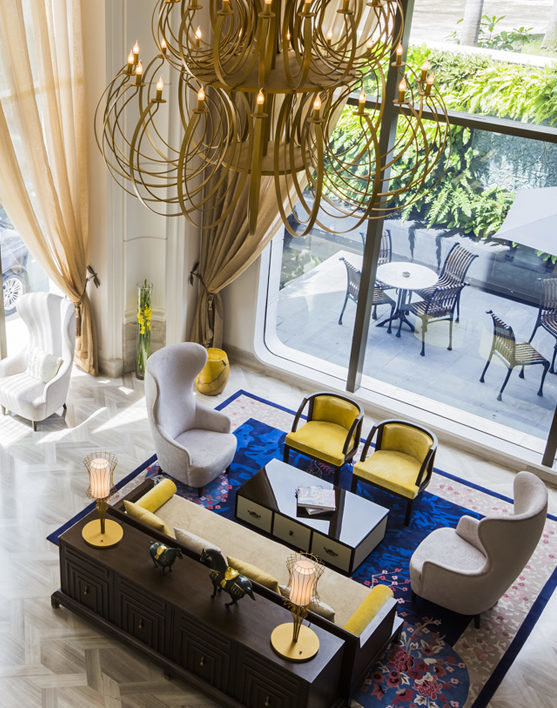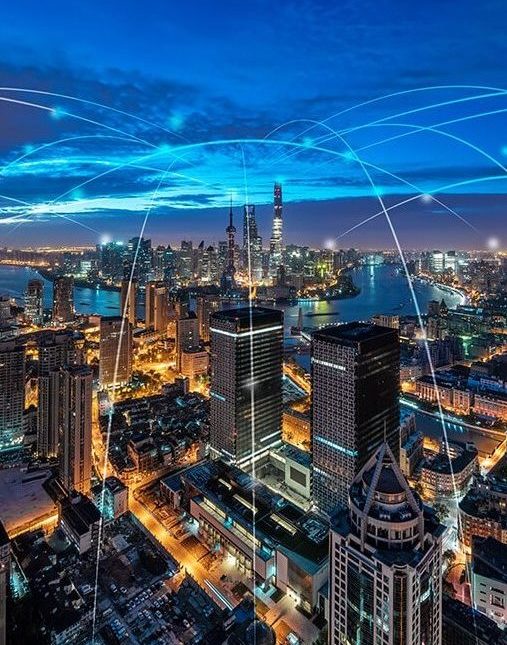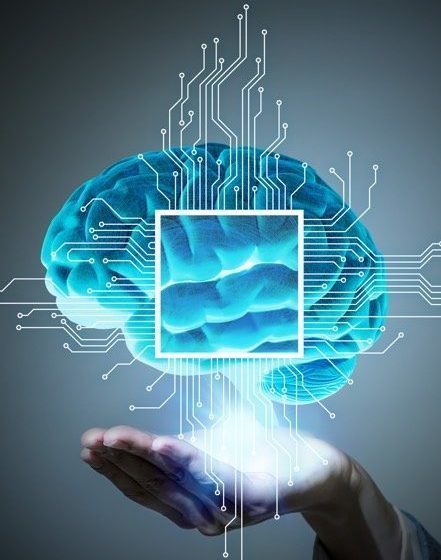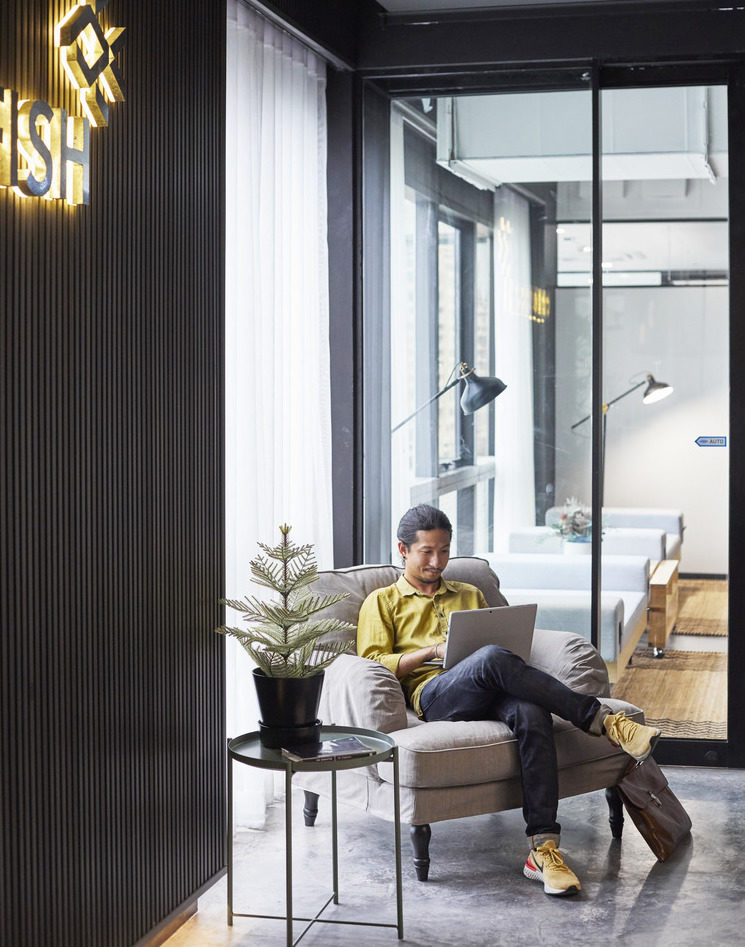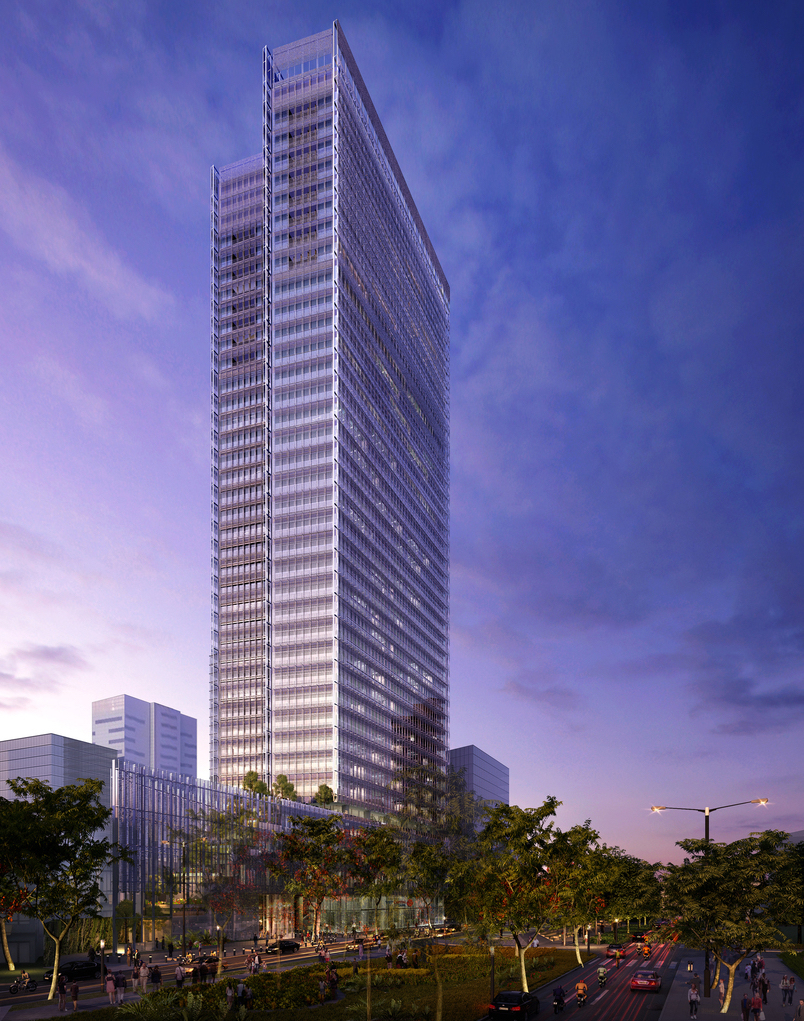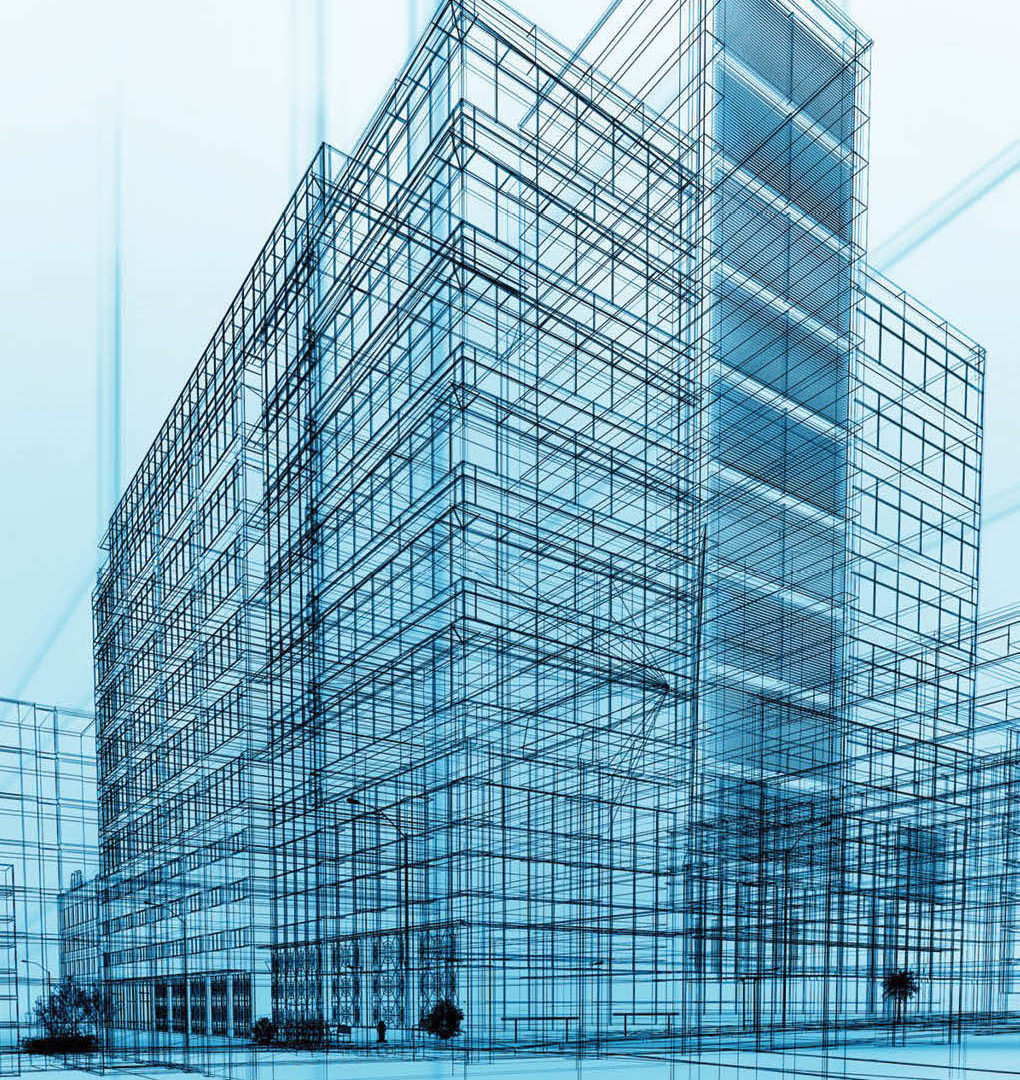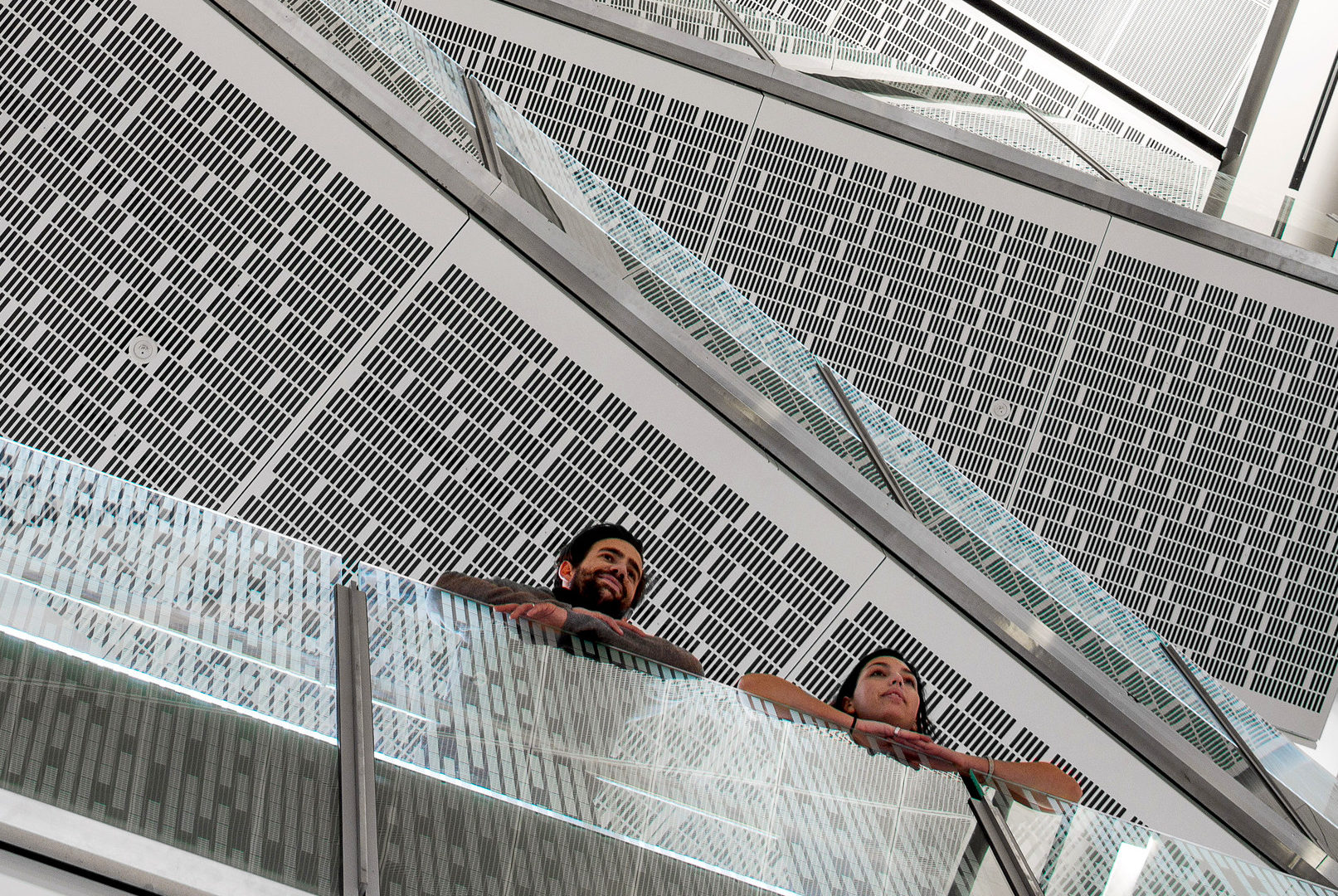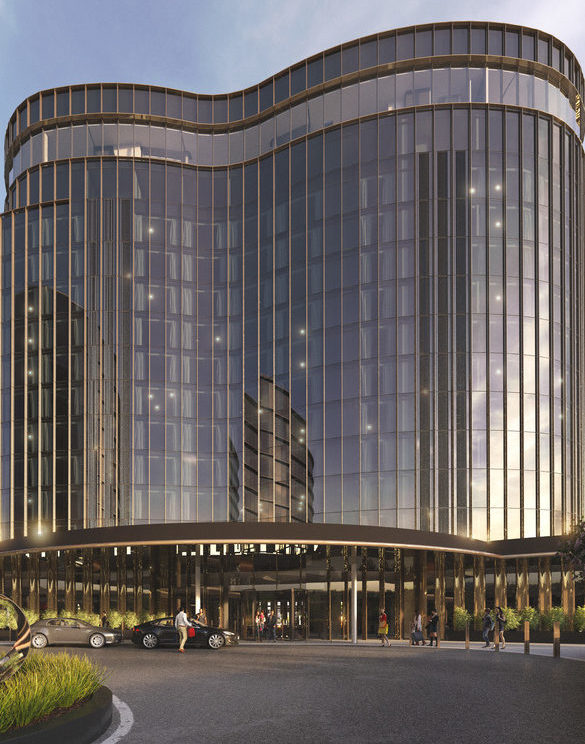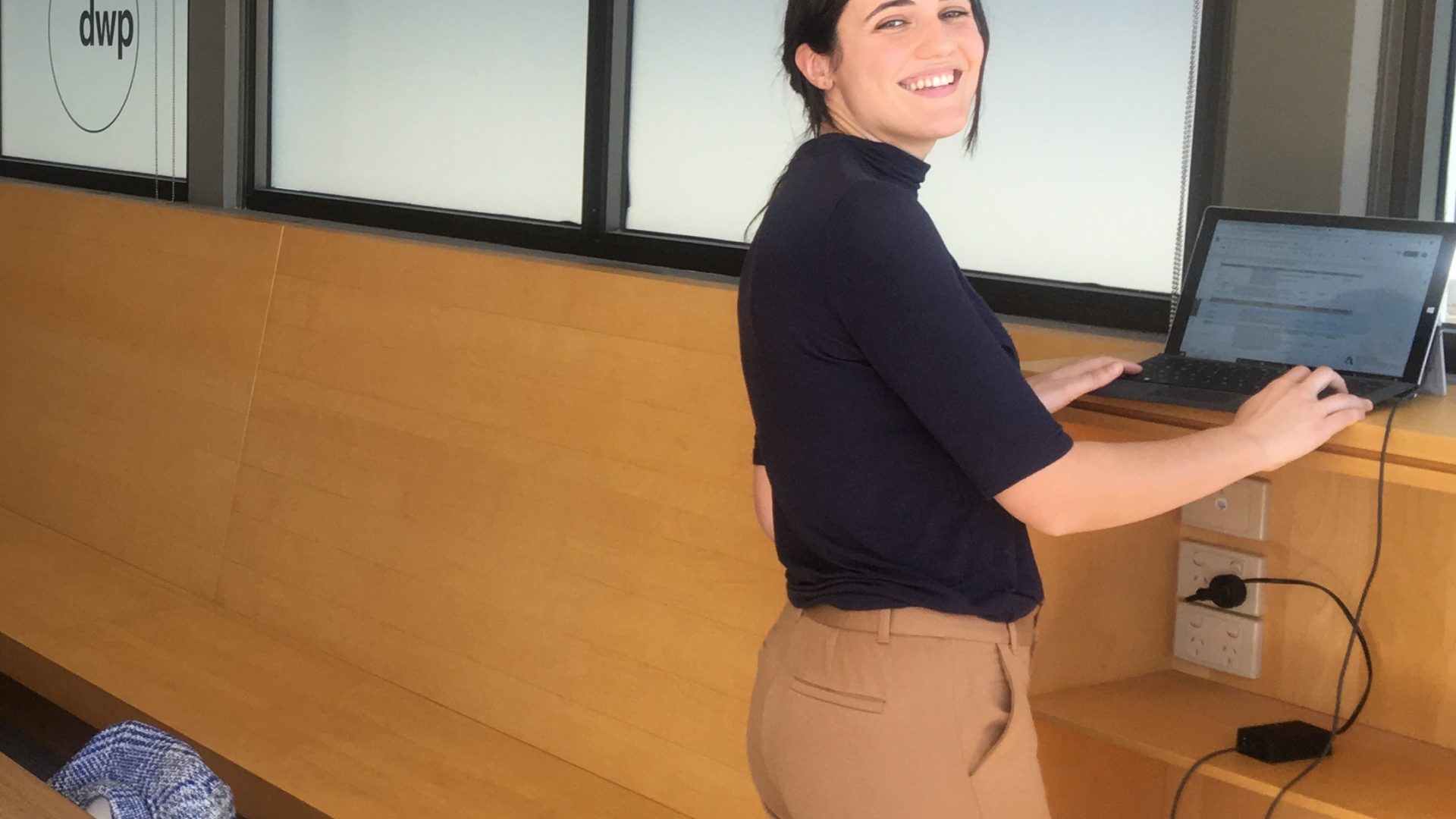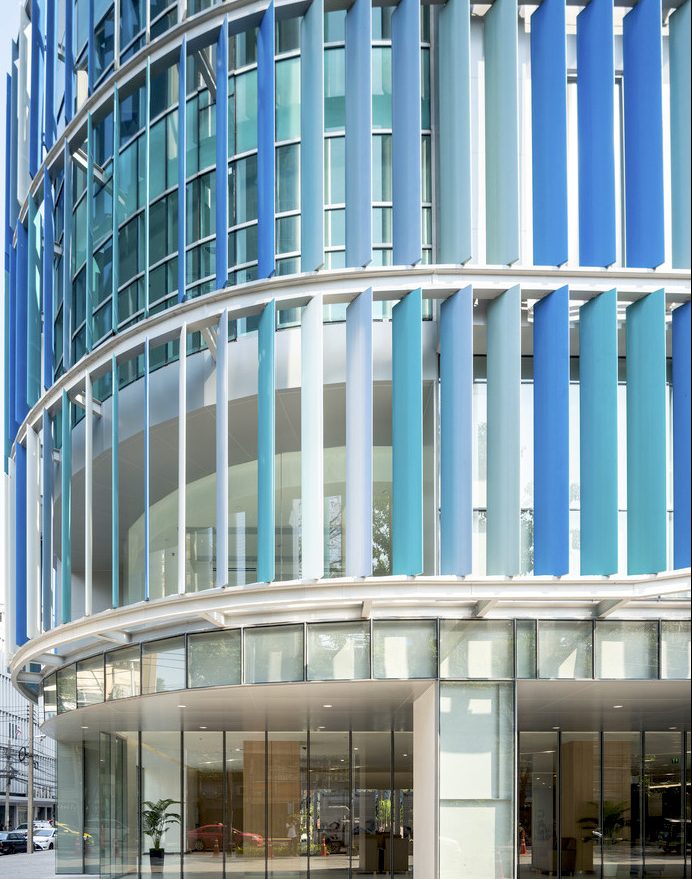Revolutionising Architecture and Design: dwp’s Vision for AI Integration
Part 1: Embracing AI-Driven Design
At dwp | design worldwide partnership, we’re at the forefront of a design revolution. As a global leader in architecture and interior design, we’ve embraced artificial intelligence (AI) as a powerful tool to enhance our creative process and deliver exceptional value to our clients. Our journey towards becoming an AI-driven design company is transforming how we approach every project, from conceptualisation to execution.
Scott Whittaker, Group Creative Director at dwp, emphasises the transformative power of AI in design: “AI is not just a tool; it’s a collaborator that enhances our creative capabilities. It allows us to explore design possibilities at an unprecedented scale and speed, pushing the boundaries of what we thought was possible in architecture and interior design.”
By leveraging advanced AI tools like MidJourney, Ideogram, Leonardo, and Veras, we’re pushing the boundaries of what’s possible in design. These technologies enable us to automate repetitive tasks, generate multiple design iterations rapidly, and provide our clients with immersive visualisations before construction begins. This approach not only streamlines our workflow but also allows our talented designers to focus on the creative aspects that make our projects truly unique.
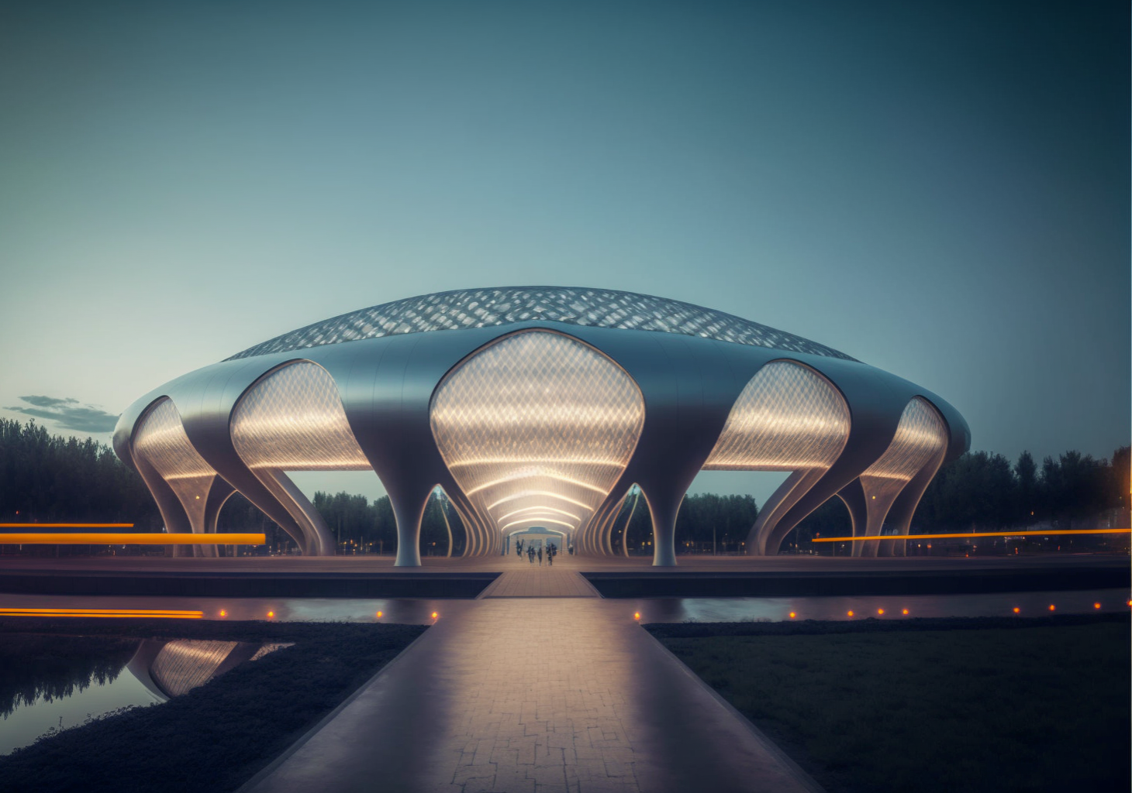
Part 2: Enhancing Customization and Client Experience Across Industries
Retail Design Revolution: Amplifying Brand Narratives through AI
At dwp, we’re leveraging AI to revolutionise retail design, focusing on amplifying brand narratives and exploring new frontiers of customer engagement. Our AI-driven approach allows us to collaborate with brands in unprecedented ways, creating immersive retail environments that go beyond traditional brick-and-mortar experiences.
By harnessing the power of AI, we’re able to translate brand identities into physical spaces with remarkable precision and creativity. AI-powered design tools enable us to generate countless design iterations that align perfectly with a brand’s ethos, visual language, and customer expectations. This process allows us to push creative boundaries and present our clients with innovative concepts that they might never have imagined.
Our use of AI-generated renders allows brands to explore these innovative design scenarios interactively. From experimenting with bold architectural elements to testing out dynamic digital integrations, clients can visualise and refine their retail spaces in real-time. This iterative process ensures that every aspect of the design not only contributes to the brand’s unique identity but also creates a memorable and engaging customer journey.
At dwp, we believe that the future of retail lies in creating spaces that are as dynamic and adaptive as the brands themselves. By harnessing the power of AI, we’re helping our clients push the boundaries of retail design, turning shopping spaces into brand embassies that offer immersive, memorable, and deeply on-brand experiences.
Transforming Hotel and Hospitality Design
In the hospitality sector, AI is about reimagining how we approach hotel design, particularly in the realm of visual creation and storytelling. At dwp, we harness the power of AI to generate stunning visuals and bring our creative narratives to life, elevating the entire design process from concept to presentation.
Khun Sarinrath, Executive Director at dwp, shares her perspective: “AI has become an invaluable asset in our hospitality projects. It allows us to create immersive, tailored experiences for our clients, helping them visualise the end result with unprecedented clarity. This technology not only enhances our design process but also strengthens our client relationships by facilitating more engaging and interactive presentations.”
Our commitment to innovation in hospitality design has led to exciting collaborations with industry leaders. In 2024, dwp is working closely with Accor and Marriott on pioneering AI initiatives. These partnerships are pushing the boundaries of what’s possible in hotel design, leveraging AI to create more personalised, efficient, and memorable guest experiences.
Our use of advanced AI tools allows us to rapidly generate high-quality, photorealistic renderings of hotel spaces. These AI-generated visuals serve as powerful tools for conceptualization, enabling our designers to explore diverse design directions and styles with unprecedented speed and flexibility.
Moreover, AI is transforming how we craft and present creative narratives for our hospitality projects. By inputting key elements of a hotel’s brand story, target audience, and desired ambiance, we can use AI to generate mood boards, concept sketches, and even immersive 3D walkthroughs. These AI-generated visuals help bring our creative visions to life, allowing clients to experience the emotional impact of a design before a single real-world change is made.
Innovating Health Architecture Design
At dwp, we’re leveraging AI to revolutionise health architecture design, focusing on creating patient-centric environments that are not only efficient but also luxurious, family-friendly, and conducive to overall wellness. Our AI-driven approach allows us to explore a multitude of design options rapidly, ensuring that every healthcare facility we design is optimised for patient comfort, family support, and healing.
Robert Troup, Managing Director of dwp’s Thailand Studio, emphasises: “AI is transforming how we approach healthcare architecture. It enables us to create spaces that are not just functional, but truly healing environments. By leveraging AI, we can design healthcare facilities that feel more like wellness retreats, fostering a sense of comfort and positivity that is crucial to the recovery process.”
A prime example of our innovative approach is our work on the new Bumrungrad International Hospital in Phuket. This project showcases how AI can be used to create a world-class medical facility that combines cutting-edge technology with a luxurious, patient-centred environment. By utilising AI in the design process, we were able to optimise the layout for efficient patient flow, create calming spaces that promote healing, and integrate advanced medical technology seamlessly into a visually appealing design.
AI-powered design tools enable us to generate and evaluate numerous layout options in a fraction of the time it would take using traditional methods. This allows us to present our clients with a diverse range of innovative design solutions that prioritise both functionality and aesthetic appeal.
In our quest to create more luxurious and welcoming healthcare environments, we use AI to simulate high-end finishes, lighting scenarios, and furniture arrangements. These AI-generated visualisations help us strike the perfect balance between clinical necessity and hotel-like comfort.
This comprehensive approach allows us to create healthcare spaces that support the physical, emotional, and social well-being of patients and their families.

Part 3: Enhancing Quality and Efficiency through AI
At dwp, our commitment to excellence extends beyond design into every aspect of our operations. We’re harnessing the power of AI to revolutionise our Quality Process, streamline our workflows, and enhance our communication with clients. This innovative approach allows us to maintain the highest standards of quality while improving efficiency across all our projects.
Elevating Communication and Documentation
AI is transforming how we handle our professional communications. By leveraging advanced language models, we’re able to enhance the quality and consistency of our emails, letters, and reports. These AI tools help us craft clear, concise, and impactful messages that effectively convey our ideas and maintain our professional standards.
Moreover, AI assists in analysing and understanding project data from our clients. By processing and interpreting large volumes of information quickly, we can extract key insights that inform our design decisions and project strategies. This data-driven approach ensures that our designs are not only aesthetically pleasing but also closely aligned with our clients’ needs and objectives.
Streamlining Quality Management
Our quality management process has been significantly enhanced through the integration of AI. Automated checks and balances help us maintain consistency across our projects, ensuring that every design meets dwp’s high standards. AI-powered tools assist in reviewing designs, flagging potential issues, and suggesting improvements, allowing our team to focus on creative problem-solving and innovation.
Automating Document Creation and Scheduling
AI has changed our approach to document creation and project scheduling. From generating detailed project timelines to creating comprehensive design briefs, AI tools help us produce accurate and professional documents in a fraction of the time it would take manually. This not only increases our productivity but also ensures that our clients receive thorough and well-structured information throughout the project lifecycle.
Enhancing Meeting Efficiency
We’ve implemented AI-powered tools to streamline our meeting processes. These tools assist in recording and transcribing meetings, automatically generating concise and accurate minutes. By analysing meeting content, AI can also highlight key action items and decisions, ensuring that nothing falls through the cracks. This technology not only saves time but also improves communication and accountability across our teams and with our clients.
By integrating AI into our Quality Process, dwp is not just improving efficiency; we’re elevating the overall quality of our work and client interactions. This commitment to innovation in our processes mirrors our innovative approach to design, ensuring that dwp remains a leader in the architecture and design industry.

Part 4: Advancing Sustainability Through AI
At dwp, sustainability isn’t just a buzzword—it’s a core principle guiding every project we undertake. AI plays a crucial role in our commitment to creating eco-friendly, future-ready designs. By leveraging AI-powered tools, we can make informed decisions at every stage of the project, from initial material selection to energy efficiency strategies.
AI enables us to simulate how our designs will perform over time, taking into account factors such as wear and tear, changing weather patterns, and evolving sustainability standards. This long-term perspective ensures that our buildings are not only sustainable today but continue to perform efficiently in the future. Moreover, AI helps us push the envelope on creating circular economy solutions by designing for modularity and adaptability, extending the lifecycle of our projects and reducing the need for new materials in the future.

Part 5: Shaping the Future of Architecture and Design
As we look to the future, AI will continue to be a cornerstone of our approach to innovative design. At dwp, we’re committed to staying at the forefront of AI adoption, continuously evolving our design practices and investing in the tools and skills that will define the future of architecture and interior design.
Adriana, Design Director at dwp’s Dubai Studio, shares her vision for the future of AI in design: “AI is not just shaping our present; it’s paving the way for a future where design is more intuitive, responsive, and deeply connected to human needs. As we continue to explore and integrate AI technologies, we’re opening up new realms of possibility in creating spaces that are not just visually stunning, but also intelligent and adaptive to the evolving needs of their users.”
We understand that the world of design is no longer just about aesthetics or functionality; it’s about creating spaces that are responsive, adaptable, and sustainable in a rapidly changing world. By embracing AI and continually exploring its potential, we aim to set new standards for excellence in architecture and interior design.
As AI becomes more sophisticated, we anticipate its growing role in areas such as smart buildings, urban planning, and sustainable architecture. These developments will not only change how buildings are designed but also how they are experienced by the people who inhabit them.
At dwp, we’re excited about the future of AI in design and are committed to leading the charge. By leveraging AI responsibly and creatively, we’re shaping the built environment for generations to come, delivering designs that are not only beautiful but also intelligent, sustainable, and deeply connected to the needs of the people who use them.

Tags: Abu dhabi, Agile workspace, Archi, Architect, Architecture, Artist, Asia, Bangkok, Bar, BIM, Blog, Boutique, Business, Civic, Construction, Content, Creativity, Culture, Design, Designer, Digital, Digital technology, Digital transformation, Digitisation, Drink, Dubai, Education, Experience, F&B, Food, Future, Health, Hicap, Ho chi minh, Hospitality, Hotel, Hotel design, Information, Innovation, Interior, Interior design, Interior designer, Interview, Knowledge, Lebua, Lifestyle, Luxury, Luxury design, Luxury interior, Marriott, Profile, Residential, Restaurant, Saigon, Sky, Studio, Success, Sustainibility, Tech, Technology, Thailand, Trends, Video, Vietnam, W hotel, Women
